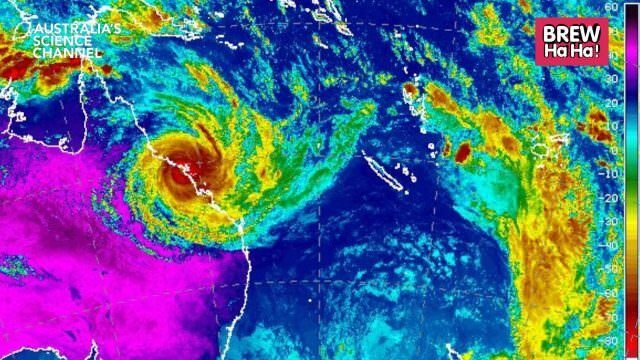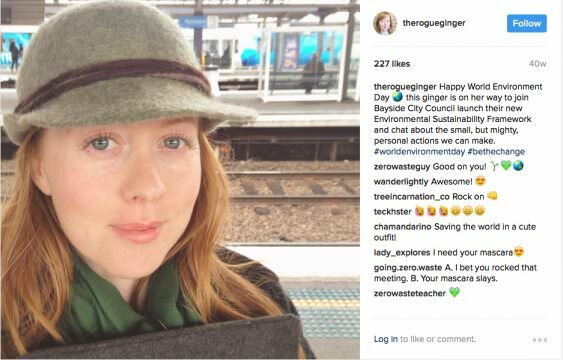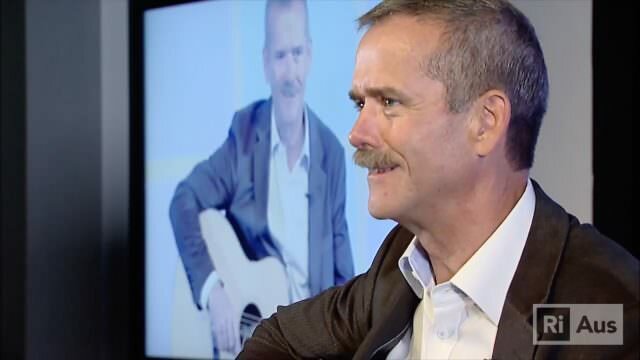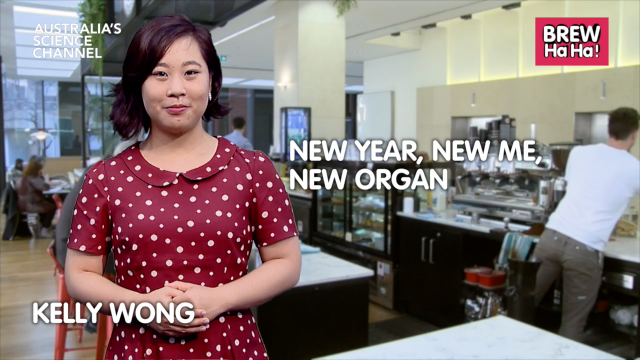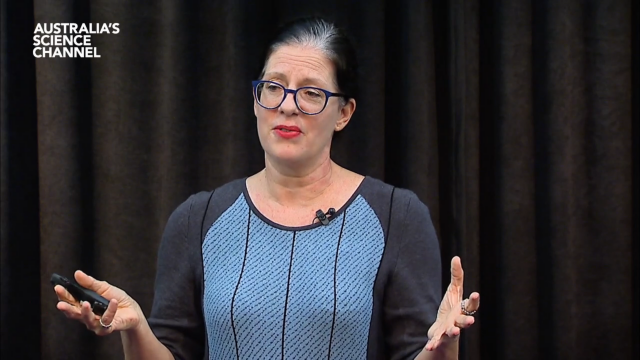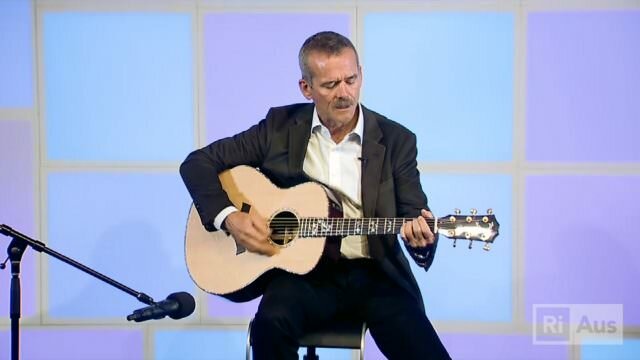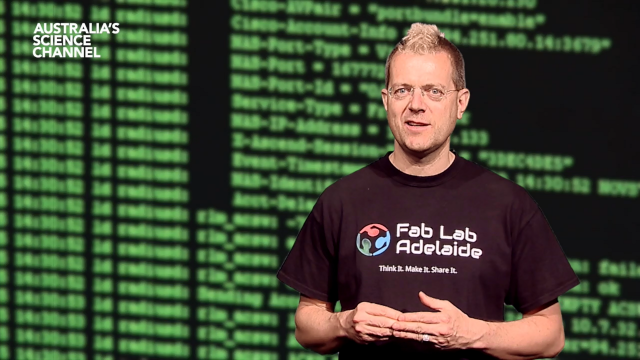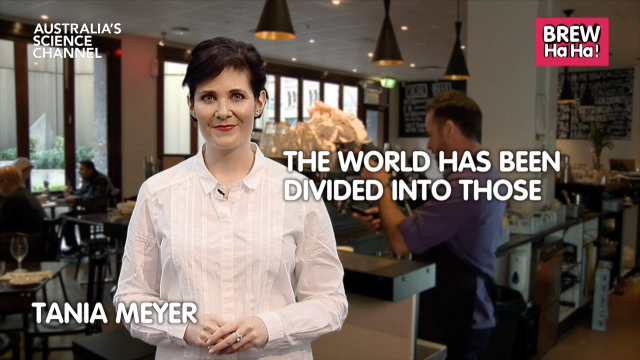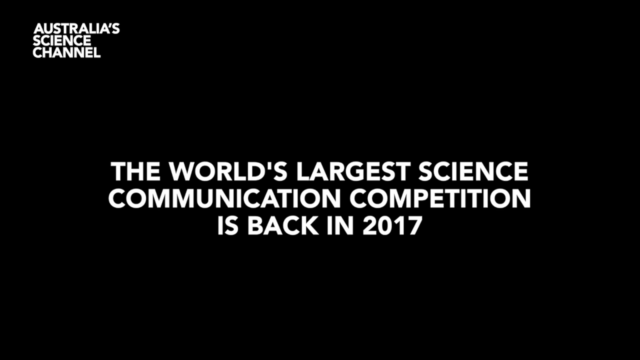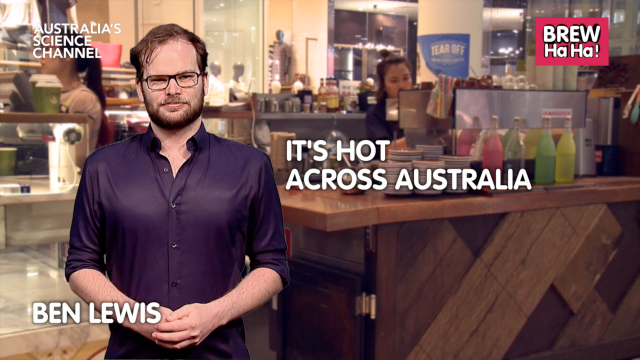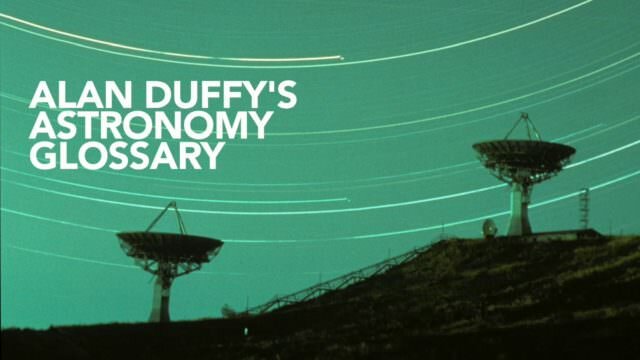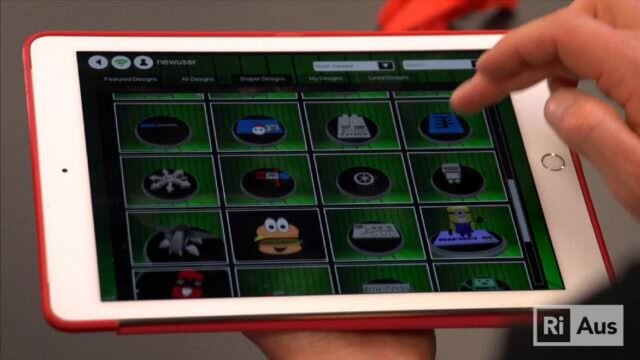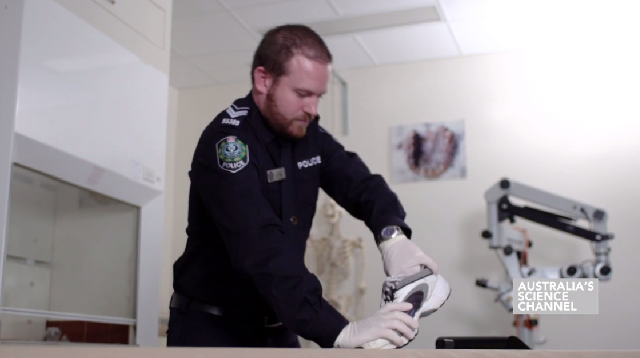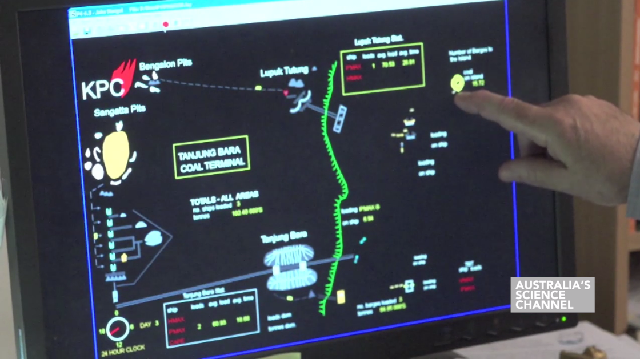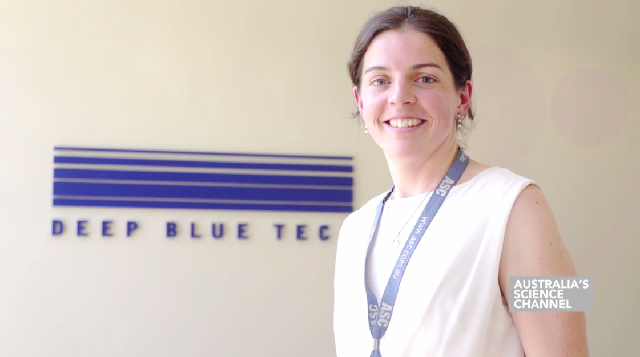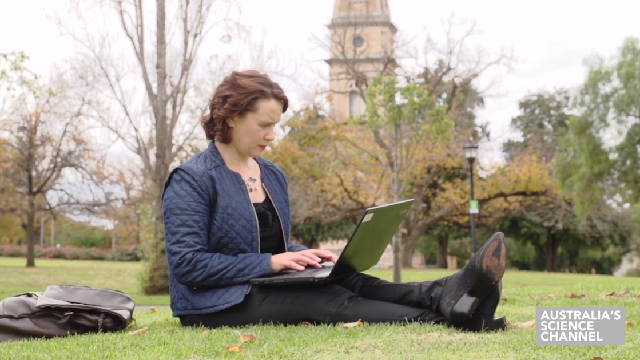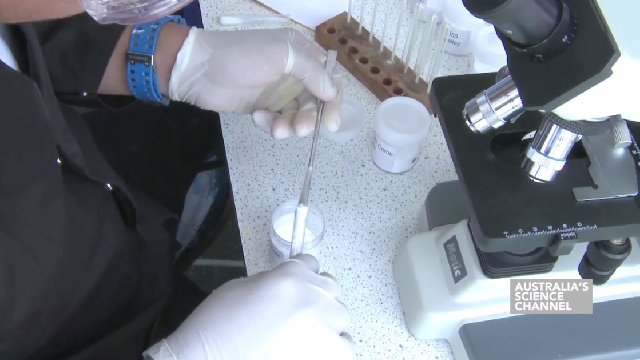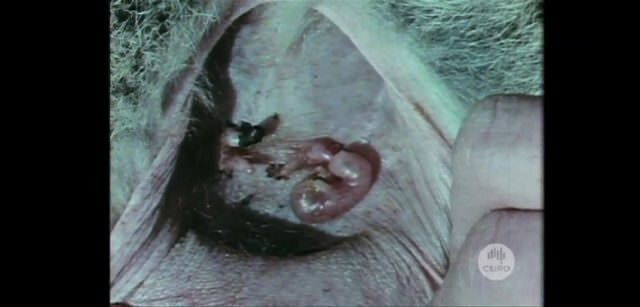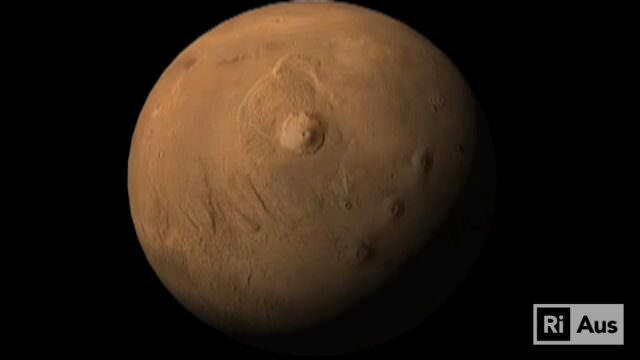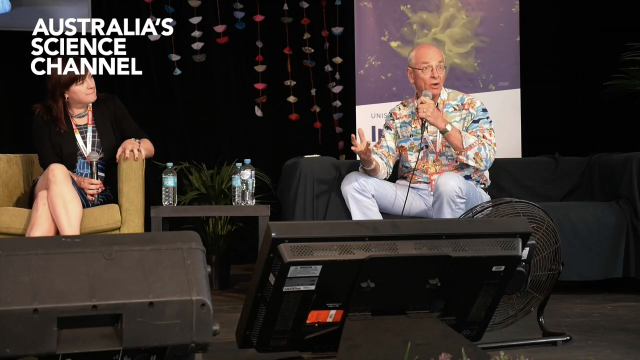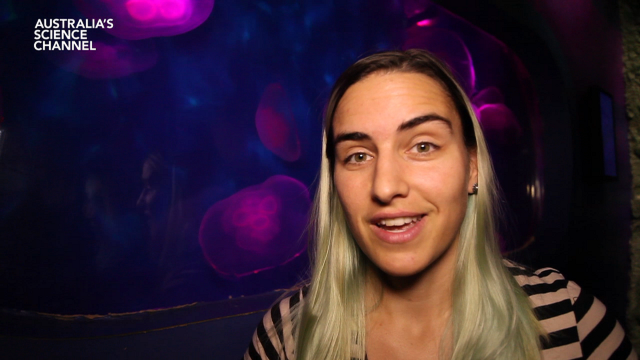Last updated May 30, 2017 at 12:36 pm
Australia’s Science Channel is proud to be a media partner for the 2017 round of the British Council’s international science communication competition, FameLab.
Since its birth at Cheltenham Science Festival in 2005, FameLab has grown into the world’s largest science communication competition, with contestants from over 25 countries taking part each year.
FameLab came to Australia in 2014. Since then, over 120 early-career researchers have gone through FameLab’s expert training and taken to the stage in Queensland, New South Wales, Victoria and Western Australia to engage audiences with their entertaining stories of science.
Entomologist Erinn Fagan-Jeffries (who also happens to be one of our part-time receptionists!) won the 2016 Australian final with her brilliant horror-film tale about caterpillar-killing wasps saving our potato crops. She went on to perform on the international stage at Cheltenham in the UK in June 2016.
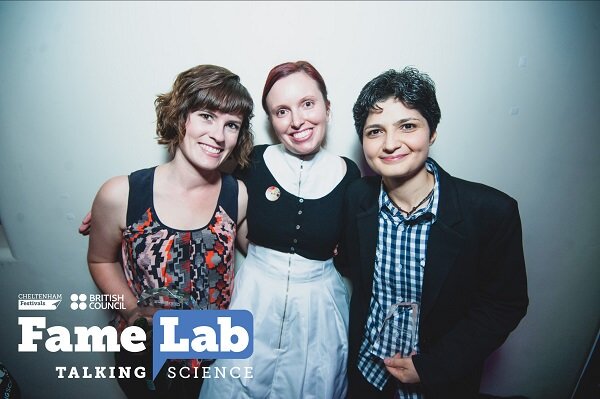
FameLab 2016 finalists (L-R) – Lucy Weaver, Erinn Fagan-Jeffries and Noushin Nasiri. Credit: OK Media Group
“The experience of being part of FameLab international was incredibly immersive and inspiring,” she says. “Meeting other young science communicators and feeling united in our love of science has fed my passion to try and seed that same wonder and excitement in people everywhere.”
If, like Erinn, you’re passionate about science communication and think you can explain a scientific concept to a general audience in just three minutes, FameLab needs YOU!
The competition offers contestants comprehensive training sessions and access to a global network of like-minded peers. What’s more, if you’re chosen as the winner of FameLab Australia, you could also find yourself travelling to The Times Cheltenham Science Festival in the UK to represent Australia at the FameLab International finals!
APPLICATIONS OPEN ON 9 JANUARY AND CLOSE ON 24 FEBRUARY 2017. FIND OUT MORE AT WWW.FAMELAB.ORG.AU
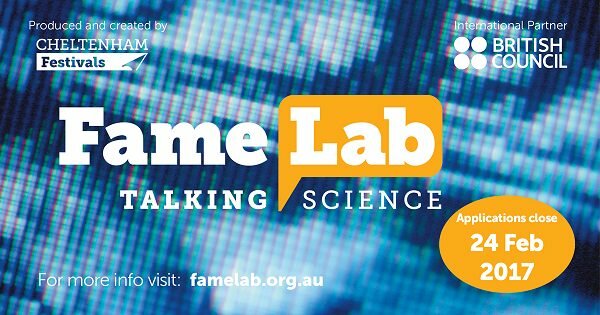
Disclaimer: We are an official media partner of the British Council Australia.
Did you like this blog? Follow us on Facebook, Twitter and Instagram to get all the latest science.






































































































































































































































































